Security
China and the Question of Taiwan
In modern-day China, nationalism is at its strongest when dealing with the idea—almost an article of religious faith—that the independent island nation of Taiwan is in fact a Chinese state and must be unified with the mainland as soon as possible.
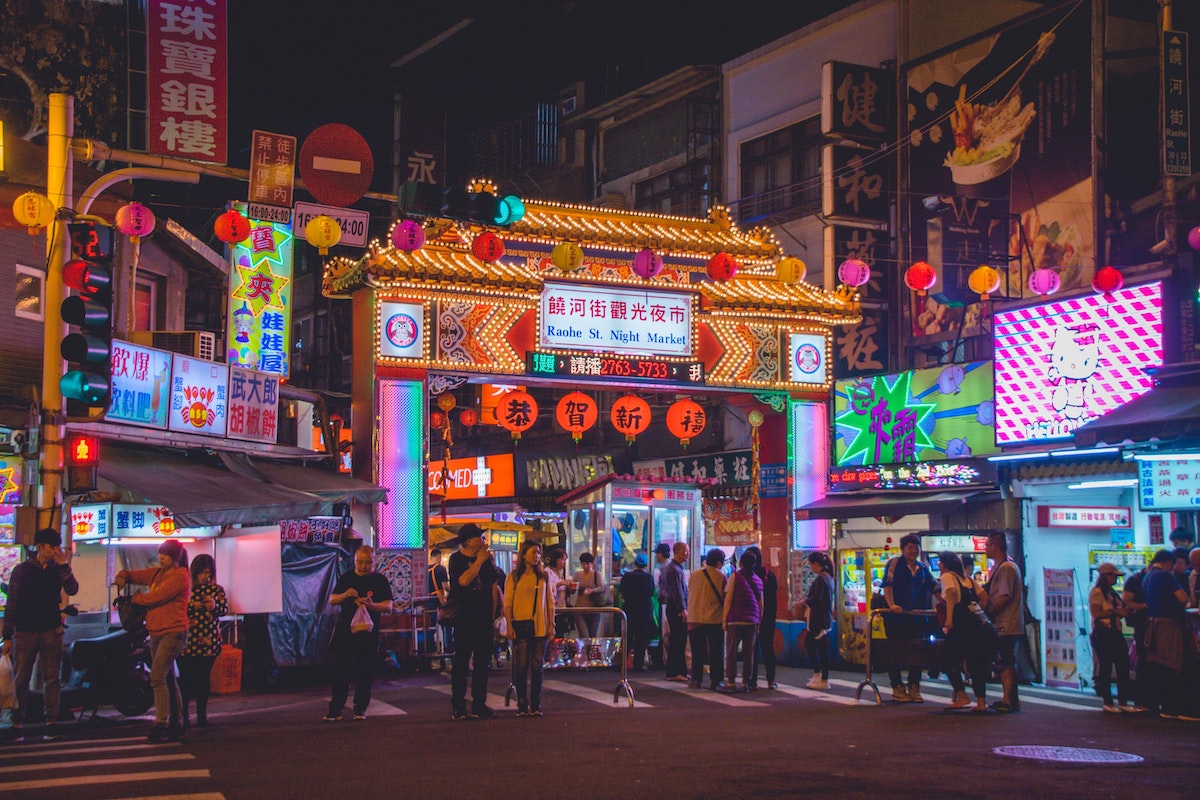
There is no reasoning with someone who has built an entire worldview around the conviction that, as George Bernard Shaw put it, a particular country is the best in the world because they were born in it.1 Shaw’s stinging put-down was actually meant as a definition of patriotism, but it works just as well, or better, when applied to what Orwell once called “the great modern disease of nationalism.” No honest debate on world affairs is possible with an interlocutor who keeps switching into competitive mode, deciding in favour of their nation from the outset, and looking only for evidence to support that nation’s supposed superiority. In most situations, this is mildly frustrating; a benign disease. But when heads of state are suffering from the malignant version, then these failures of logic can become everyone’s problem.
In modern-day China, nationalism is at its strongest when dealing with the idea—almost an article of religious faith—that the independent island nation of Taiwan is in fact a Chinese state and must be unified with the mainland as soon as possible. For decades this nonsense was parroted by government officials on the international stage while it percolated down through society until almost everyone in China believed it. Only very recently, however, has the threat of forced “reunification” begun to acquire a ring of plausibility.
On January 4th, President Xi Jinping signed Central Military Commission Order No. 1, instructing the People’s Liberation Army (PLA) to “focus on preparing for war.” Similar sentiments have been expressed at the beginning of each new year since 2018, but this year’s directive went further—it instructed the PLA to “deepen actual combat training, guide training with actual combat requirements, promote actual combat through training, strengthen confrontational training based on operational plans, focus on emergency-response capabilities, and intensify front-line training for military struggles, so as to realise the integration of combat and training.” The order was couched in the usual dreary communist-speak, but its theme was still alarmingly clear: we are now approaching some kind of final stage, and the time has come to transform military training exercises into the real thing.
Order No. 1 mentioned the need to “keep a close eye on the powerful enemy”—a reference, no doubt, to the United States—but the real target is likely to be Taiwan. In May 2020, Party premier Li Keqiang cut the word “peaceful” from his standard reference to Taiwanese reunification. Seasoned China watchers understood the significance of this, accustomed as they are to carefully combing through the Party’s tedious public statements in search of a new word suddenly added or omitted. Beijing has spent the last year ramping up military activity in the Taiwan Strait, and on Saturday, four Chinese fighter jets and eight bomber planes entered the south-western corner of Taiwan’s air defence identification zone, prompting the Taiwanese air force to deploy missiles to “monitor the incursion.” On Sunday, Beijing sent another six J-10 fighters, four J-16s, two SU-30s, one Y-8 reconnaissance aircraft, and two Y-8 anti-submarine aircraft.
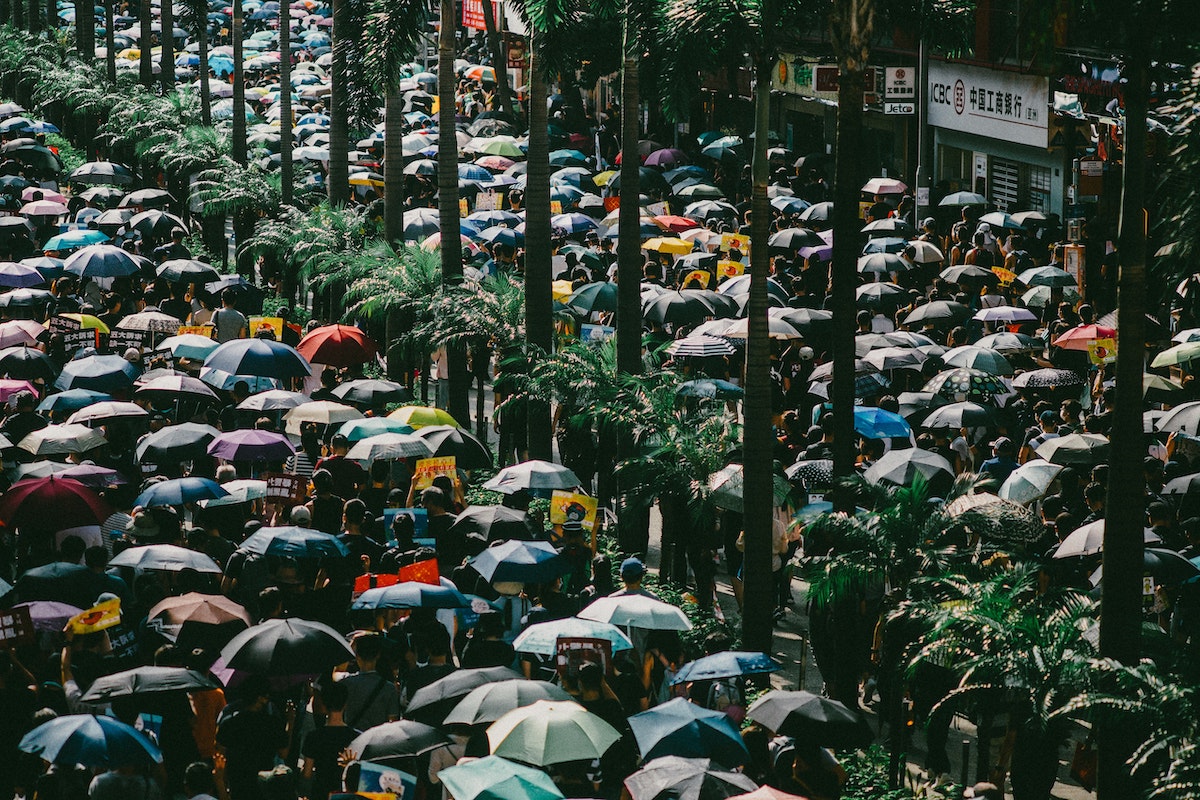
Beijing has always feared that a move to forcibly “reunify” would draw the country into war with the United States, the latter being bound by the Taiwan Relations Act. Signed in 1979 by the Carter administration, the TRA stipulates that any attempt to force unification will be viewed as “a threat to the peace and security of the Western Pacific area and of grave concern to the United States.” Crucially, however, it stops short of explicitly stating that the US will come to Taiwan’s aid if Beijing attacks. This slippery approach—known as “strategic ambiguity”—has helped to maintain an uneasy peace since the Carter years. The Chinese Communist Party could never be certain that an invasion of Taiwan would go unpunished, while the Taiwanese authorities could never be certain that an official declaration of independence would enjoy the safety net of American protection. No one knew what the US would do, and so no one made a move.
But times have changed. The Party is probably more confident today than at any point in its past. Its mighty rival on the far side of the planet has been waylaid by half a million coronavirus deaths (at the time of writing) and political divisions deeper than any since the Civil War—wounds so deep that it is hard to imagine how the United States will heal itself in the immediately foreseeable future. China, in comparison, has returned to economic growth (the only G20 country to manage this in 2020), and the Communist Party’s ruthless suppression strategy has contained the virus more successfully than the approaches adopted by many Western countries.
However, problems remain—10 million people are now under strict lockdown in Shijiazhuang, and huge quarantine camps are being built in a desperate attempt to control the latest outbreak. The port city of Dalian, meanwhile, is currently in “wartime mode,” with new negative test results required of anyone wishing to leave. Nevertheless the Party’s propaganda has done its job, and Xi Jinping has won the confidence of a sizeable chunk of the world. With China’s star rising, members of the politburo must be wondering whether the time is right to finally make a move on Taiwan.
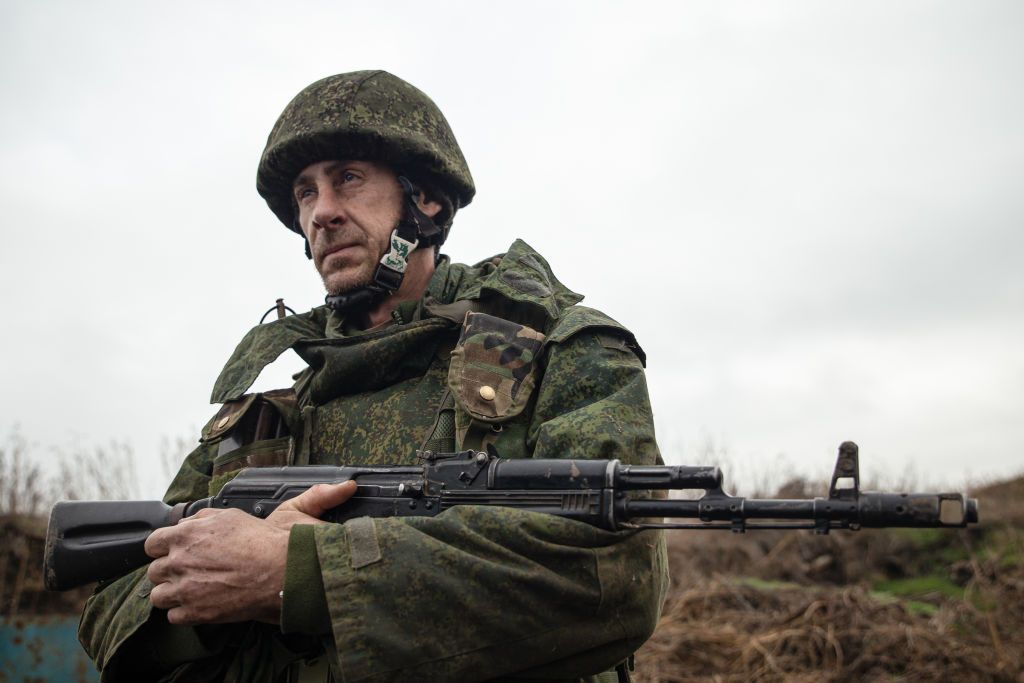
It is difficult to overestimate the psychological boost a successful invasion would provide for the Chinese nation. I’ve had many conversations with apparently sane and rational mainlanders who view the Communist Party with sensible suspicion, and with whom I was able to enjoy stimulating conversations about world history. But the moment the subject of Taiwan was broached, these people lose their moorings—calm scholars become flushed and furious cultic believers barely able to control their anger, even if it is unclear exactly where their anger was being directed. It may be that such reactions point to a chronic inferiority complex shared by all those indoctrinated with the idea that China has suffered “one hundred years of humiliation” (a standard trope in the Party’s hyper-nationalist education system). But if China conquers Taiwan, that blind rage will be transformed into a nationwide sense of triumph comparable to nothing in recent Chinese history.
With much of the world currently distracted, a window of opportunity has opened. It will not remain open for many more years. Political scientist Michael Beckley explains that since 2007, China’s annual economic growth rate has actually dropped by more than half, and productivity has declined by 10 percent. Things are about to get much worse: the nation will lose 200 million working-age adults over the next 30 years as a direct result of the CCP’s one-child policy. China may be stronger now than at any time in its history—set to leapfrog America as the world’s biggest economy later this decade—but there is a good chance that its time in the sun will be brief. Now, says Beckley, is the moment of maximum danger:
Many people assume that rising revisionists pose the greatest danger to international security. But historically, the most desperate dashes have come from powers that had been on the ascent but grew worried that their time was running short. World War I is a classic example. Germany’s rising power formed the strategic backdrop to that conflict, but German fears of decline triggered the ultimate decision for war. Russia’s growing military power and mobility menaced Germany’s eastern flank; new French conscription laws were changing the balance in the West; and a tightening Franco-British-Russian entente was leaving Germany surrounded. German leaders ran such catastrophic risks in the July crisis for fear that geopolitical greatness would elude them if they did not act quickly. The same logic explains imperial Japan’s fatal gamble in 1941, after the US oil embargo and naval rearmament presented Tokyo with a closing window of opportunity to dominate the Asia-Pacific.
It is entirely possible that the CCP has spent the past few years preparing a mad dash for glory. Beijing’s military spending was thought to be around 30–40 percent of the Washington budget, but this assumption was based on official figures. Like almost everything else that issues from the mouth of the Communist Party, the figures were calculated to deceive. In March 2020, a Heritage Foundation report found that Chinese military spending had actually been around 87 percent of the United States’ total in 2017.
Last year the People’s Liberation Army unveiled the CH-AS-X-13 anti-ship ballistic missile. It is widely referred to as the “aircraft-carrier-killer” and is doubtless intended for use in the South China Sea, where Beijing is rapidly establishing a formidable presence in waters claimed by Malaysia, the Philippines, Brunei, Vietnam, and Taiwan. The aircraft-carrier-killer was just the latest in a series of high-profile additions to the Communist Party’s armoury. It followed the development in 2019 of the Dongfeng-41 missile, which can travel at 25 times the speed of sound toward targets more than 9,000 miles away (further than anything in the American arsenal), and also an unprecedented new sonic weapon designed to disperse crowds using focused waves of low-frequency sound.
Then there are the microwave weapons, apparently used by the People’s Liberation Army during recent border standoffs with the Indian military in the Himalayas. They “turned the mountain tops into a microwave oven,” according to Jin Canrong, professor of international relations at Renmin University. “Those occupying the hilltops all began to vomit. They couldn’t stand up, so they fled. This was how we retook the ground.” The PLA has also been experimenting with “suicide drones” packed with explosives that can be launched from the back of a lorry. If there is to be a large-scale test of China’s new military prowess, it is most likely to take place on the island across the Strait; the island Beijing has coveted for so many years.
The Communist Party would have us believe that Taiwan is and has always been Chinese territory. But this belief rests on the assumption that any of the land that has ever belonged to any of the various diverse dynasties ruling what we now call “China” must be regarded as part of the modern Chinese nation-state. Such irredentism could never be applied with consistency. Should the United Kingdom insist on reclaiming all of the territories that once belonged to the British Empire? Each piece of land on the globe will have multiple claimants from history—how could we possibly decide on the rightful owners? History is a poor guide when it comes to a nation’s territorial claims, especially the history of empires. But the claim is fired by nationalistic pride and there is no reasoning with nationalism.
Historian James A. Millward points out that many in his discipline have implicitly accepted the Party line on Taiwanese history. They will refer, for example, to the Qing dynasty’s “recapture of Taiwan in 1683,” even though, as Millward explains, “no China-based state—not even an imperial dynasty—ha[d] ever ruled the island before.” Here we see the success of the CCP’s propaganda, even outside China. The truth is that Taiwan was a Qing acquisition, and that is the sole basis for Beijing’s claims today.
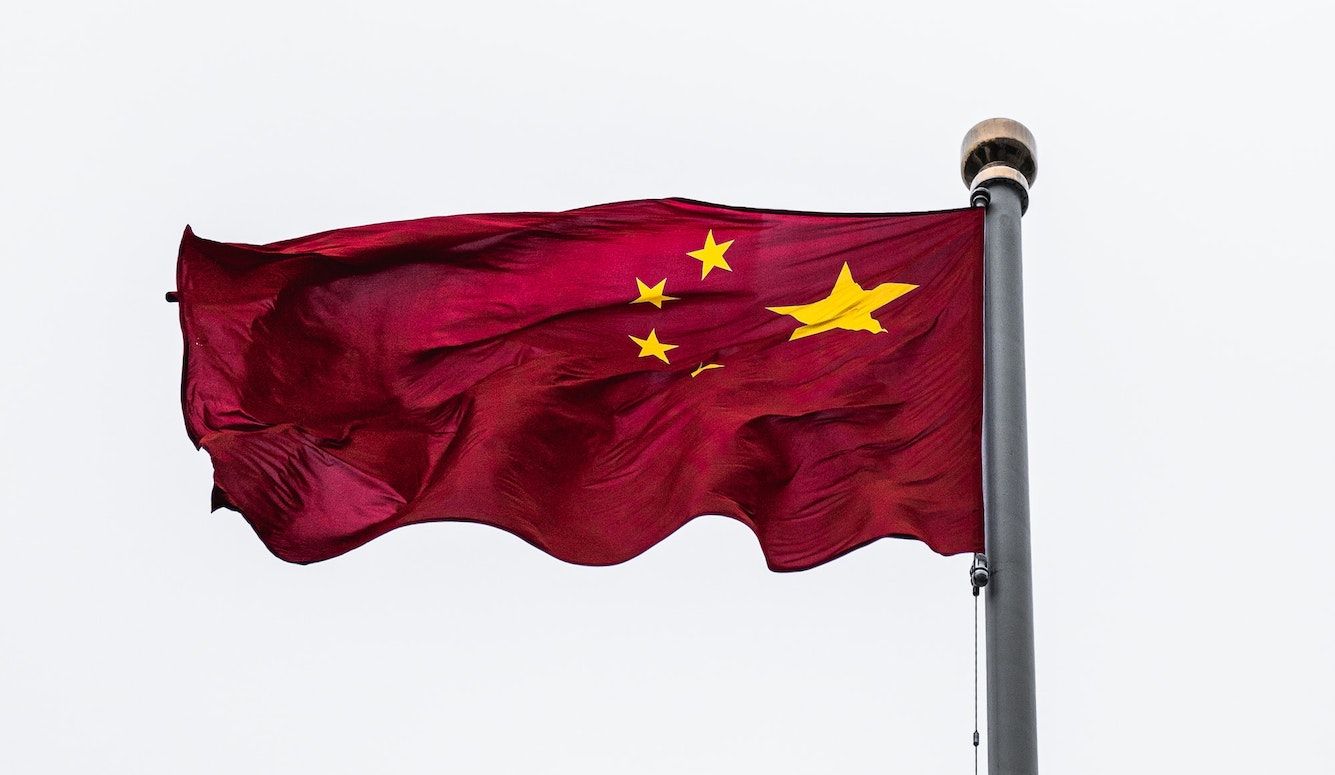
The island has had many names in the past—Dutch Formosa; Spanish Formosa; the Kingdom of Middag; the Kingdom of Tungning—but today it is officially the Republic of China. This name relates to the outcome of the Chinese Civil War in the 1940s. When the CCP swept into power on the mainland, the defeated forces of the Guomindang fled to the island and established what they considered the sole legitimate government of China. Once ruled by martial law, Taiwan—or the Republic of China—has since emerged as a successful liberal democracy with the second freest press in East Asia (beaten only by South Korea).
It would be in the United States’ interests to defend a nation that has become a vital partner on a host of global issues—not to mention America’s 10th-largest goods trading partner. Taiwan has had perhaps the best record of any country during the current pandemic, with a grand total of seven deaths (from a population of 23 million, living on an island next door to the source of the pandemic). Meanwhile, the nation’s generosity to struggling states in 2020 has underscored its importance on the global stage. These successes would be consigned to history were Taiwan to be consumed by the imperial dragon that sits a few miles to the west. China’s press is the fourth worst in the world when it comes to freedom. Such is the world to which we would be condemning one of the West’s key allies.
The Taiwanese would not be the only victims. Journalist Chris Horton has pointed out that if the island is taken, Beijing will be able to choke off oil shipments to Japan and South Korea. After that it could demand the closure of American military bases in these countries, effectively forcing the US out of Asia. The Party will also have acquired an “unsinkable aircraft carrier” in Taiwan; a base from which it can project power across the Western Pacific.
Clearly, the United States has to act. The state department issued warnings to Beijing after the weekend’s air defence harassment, but warnings will not be enough. Michael Beckley advises the deployment of drone and missile launchers close to or within Taiwan—“high-tech minefields” to prevent Beijing from controlling the seas and skies around the island. Funding should be redirected from aircraft carriers to loitering cruise missiles and smart mines, which would provide more effective protection in the event of invasion. The Taiwanese authorities need to be able to move tens of thousands of troops to any beach at a moment’s notice, says Beckley, and they need to build up a million-strong reserve force trained for guerrilla warfare. “The Pentagon can hasten this transition by subsidizing Taiwanese investments in asymmetric capabilities, donating ammunition, and expanding joint training on air and coastal defence and antisubmarine and mine warfare.”
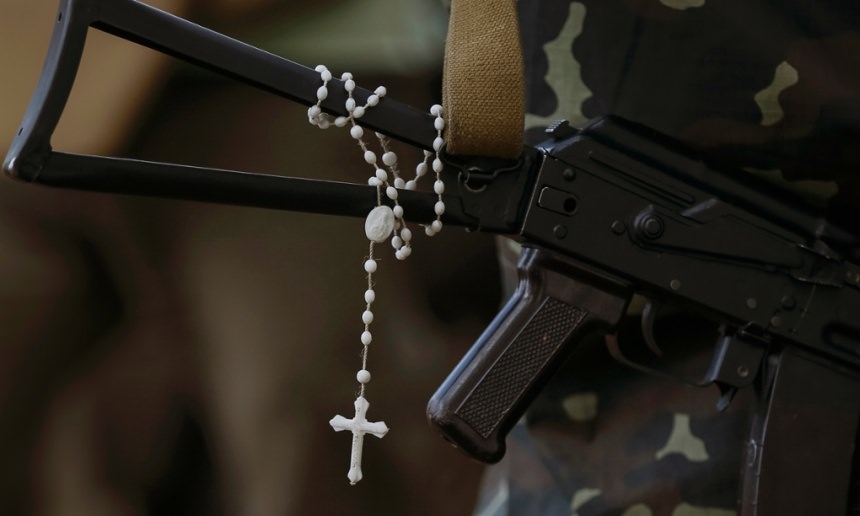
The hope is that these measures will be needed solely for deterrent purposes. If the Communist Party opts for the gamble like its fascist counterparts a century ago, this would be the predictable result of several decades of Western appeasement and retreat. We are the reason the Party became so confident. We have it in our power to dent that confidence. The CCP’s “wolf warriors” may talk tough in the media (Uyghur genocide accusations are “a piece of waste paper,” etc.), but like all bullies they will back down the moment they meet with stern resistance.
American interference will be met with economic threats, but this should worry no one. Beijing regularly imposes penalties on disobedient states, and as China researcher Luke Patey has argued in Foreign Policy, these punishments are fairly feeble on closer analysis. Norway was targeted in 2010 after Chinese dissident Liu Xiaobo was awarded the Nobel Peace Prize: diplomatic relations and salmon exports were frozen, prompting a great deal of noise in the media. But as it turned out, Norway suffered a drop of just 0.3 percent in its total annual exports. Economic activity continued during the freeze. State-owned enterprise ChemChina was even permitted to complete the $2 billion purchase of a Norwegian silicon producer. By 2015, trade between the two countries had bounced back to an all-time high. Meanwhile, Beijing’s recent bans and high tariffs on Australian beef, barley, and wine have affected only four percent of Australia’s exports to China, and two percent of its total exports. No blocks are likely to be imposed on Australian natural gas and iron ore—China needs those urgently. When it comes to Taiwan, we can expect American military support to incur plenty of froth-filled rhetoric, but no serious punishment.
The Communist Party would also be likely to back down in the face of a united front. The American and Australian administrations have been leading a lonely charge in recent years, combating Beijing with little support from other states. Bullies are more likely to retreat if you confront them with friends by your side, says former US under secretary of state Keith Krach. Krach is one of several figures in the American establishment who were sanctioned by Beijing this month, after he led an international effort to keep “untrusted vendors” like the CCP out of 5G infrastructure.
There are many American names that the Party could have targeted, but only a handful made it onto the list. These were the figures who have scored tangible points against the Communist Party. Krach has been acting rather than talking; winning recruits to the cause instead of limiting himself to the ritual denunciation. The nationalists in Beijing won’t worry about criticism, and they certainly won’t listen to reason when it comes to the subject of Taiwanese self-determination. They’re not going to change their minds—they’re nationalists, after all. But with the right show of deterrence, we can prevent disaster.
Reference
1 George Bernard Shaw, The World, November 15th, 1893






